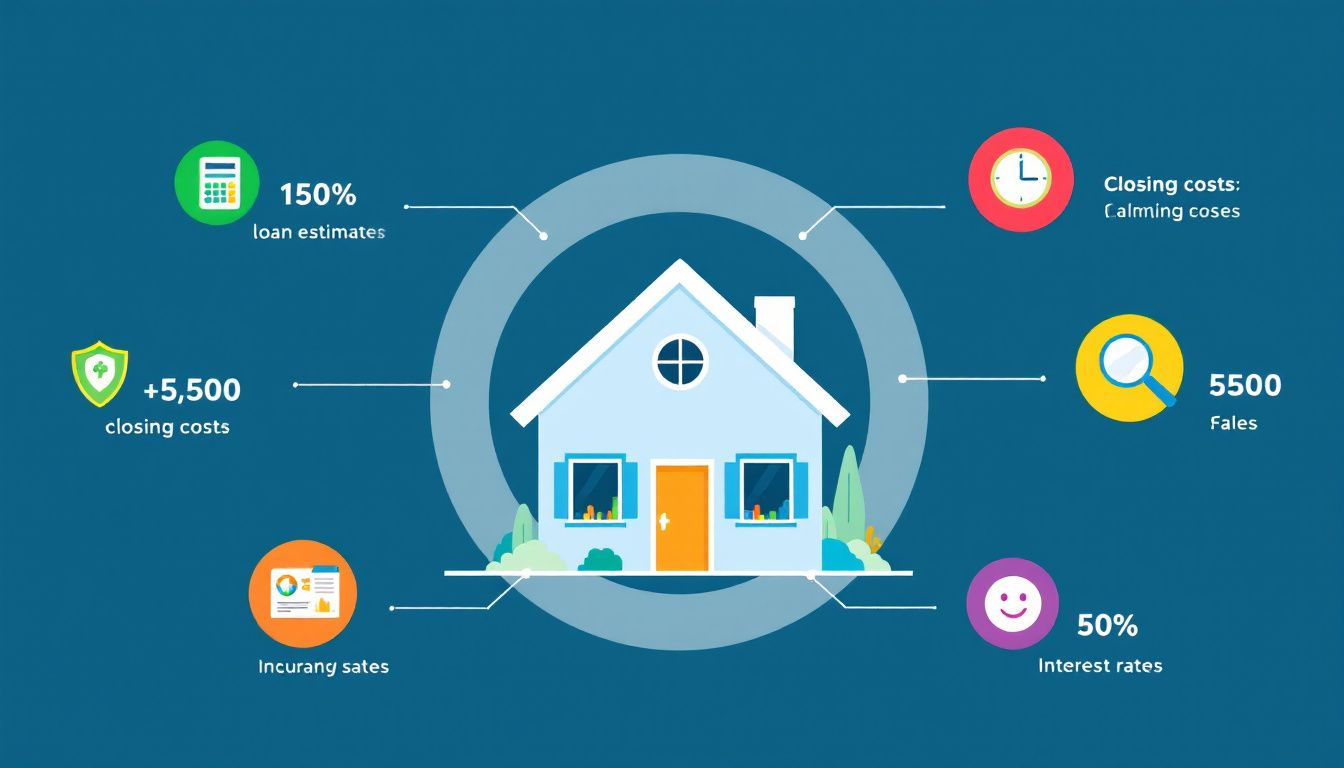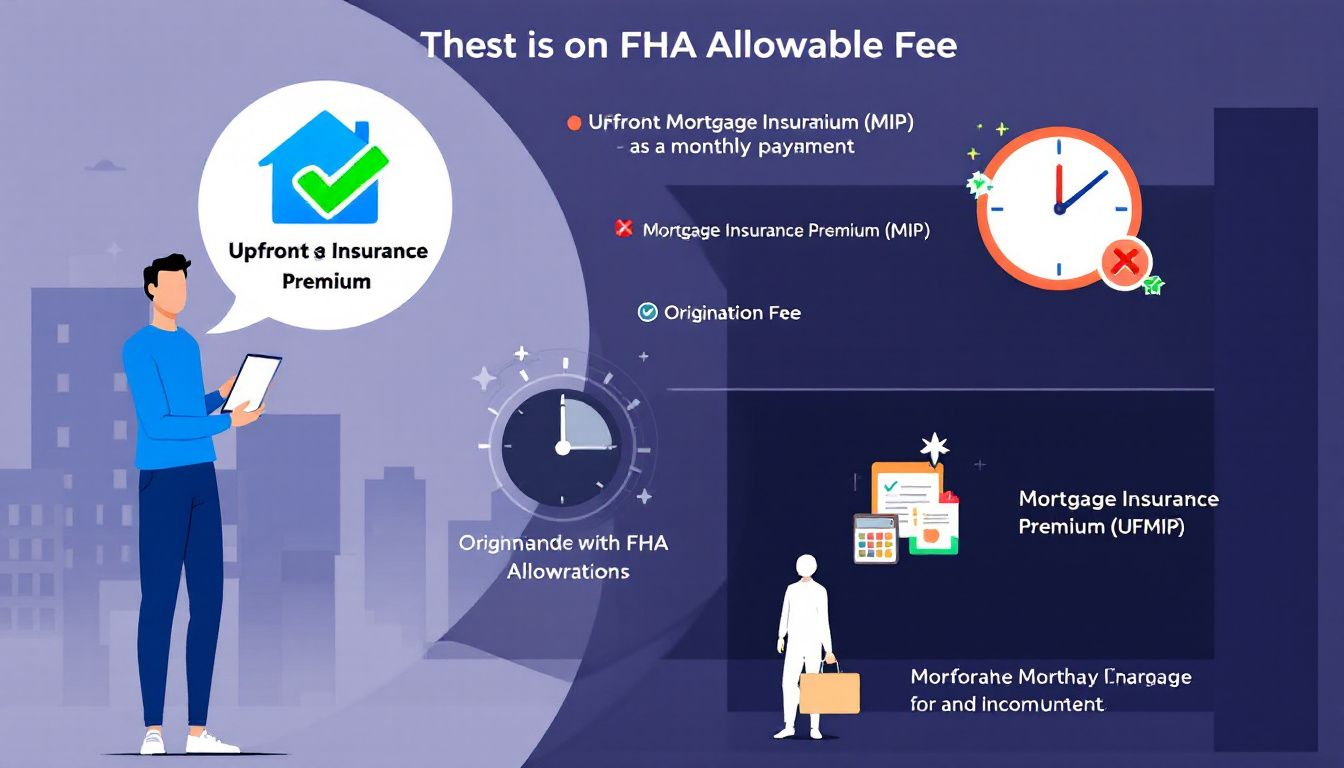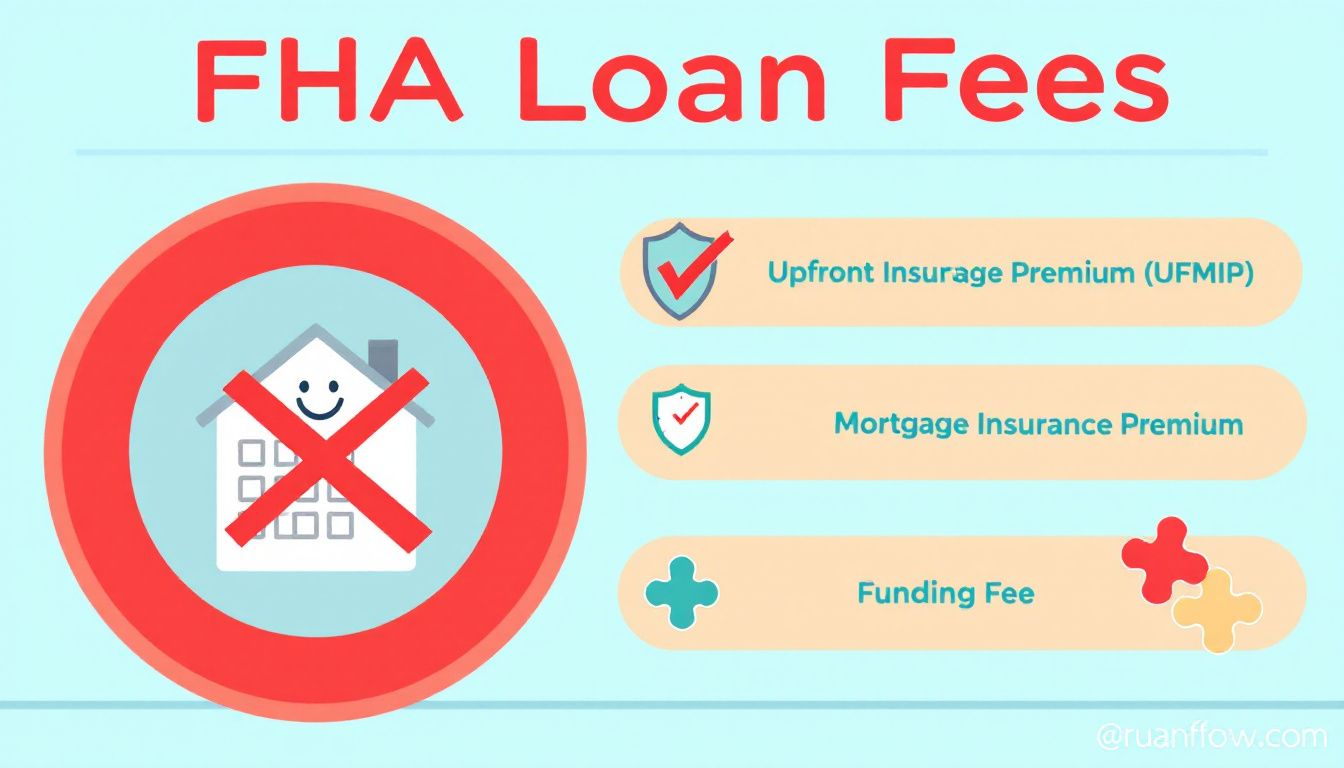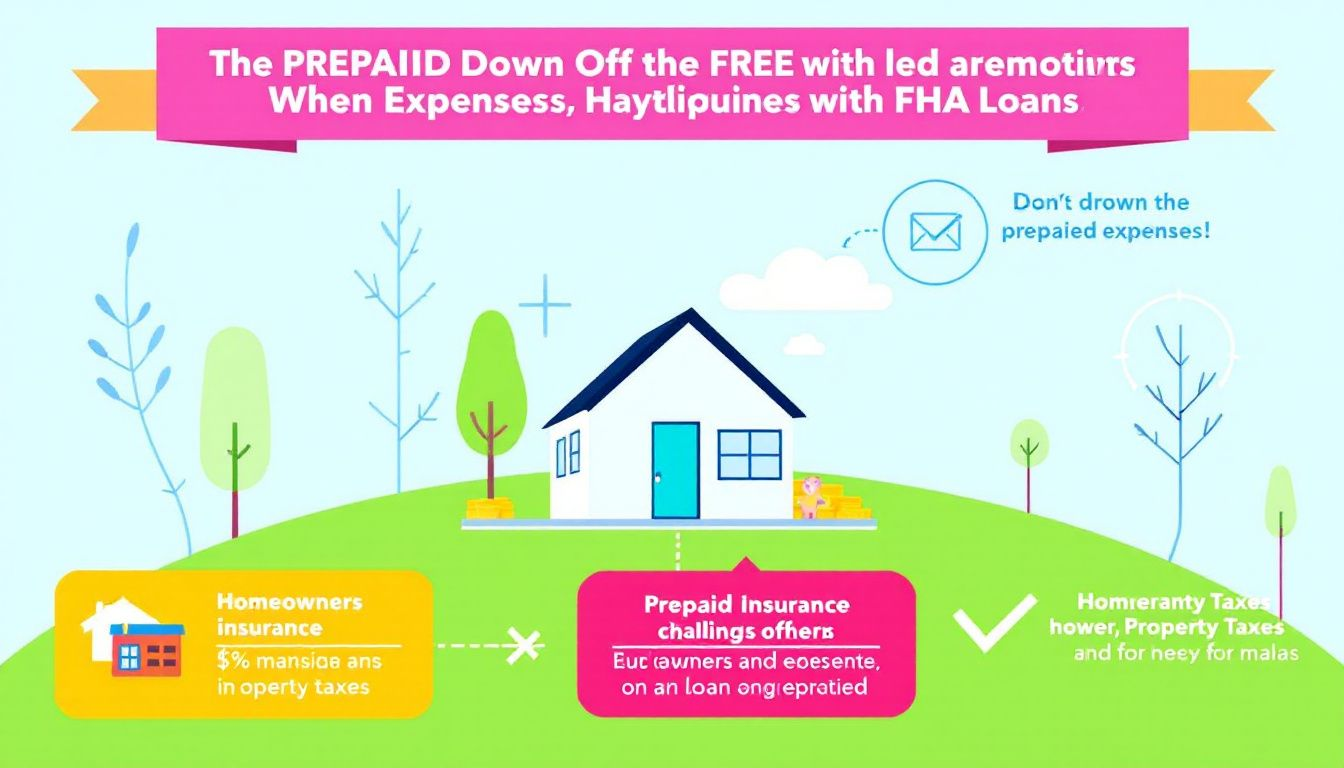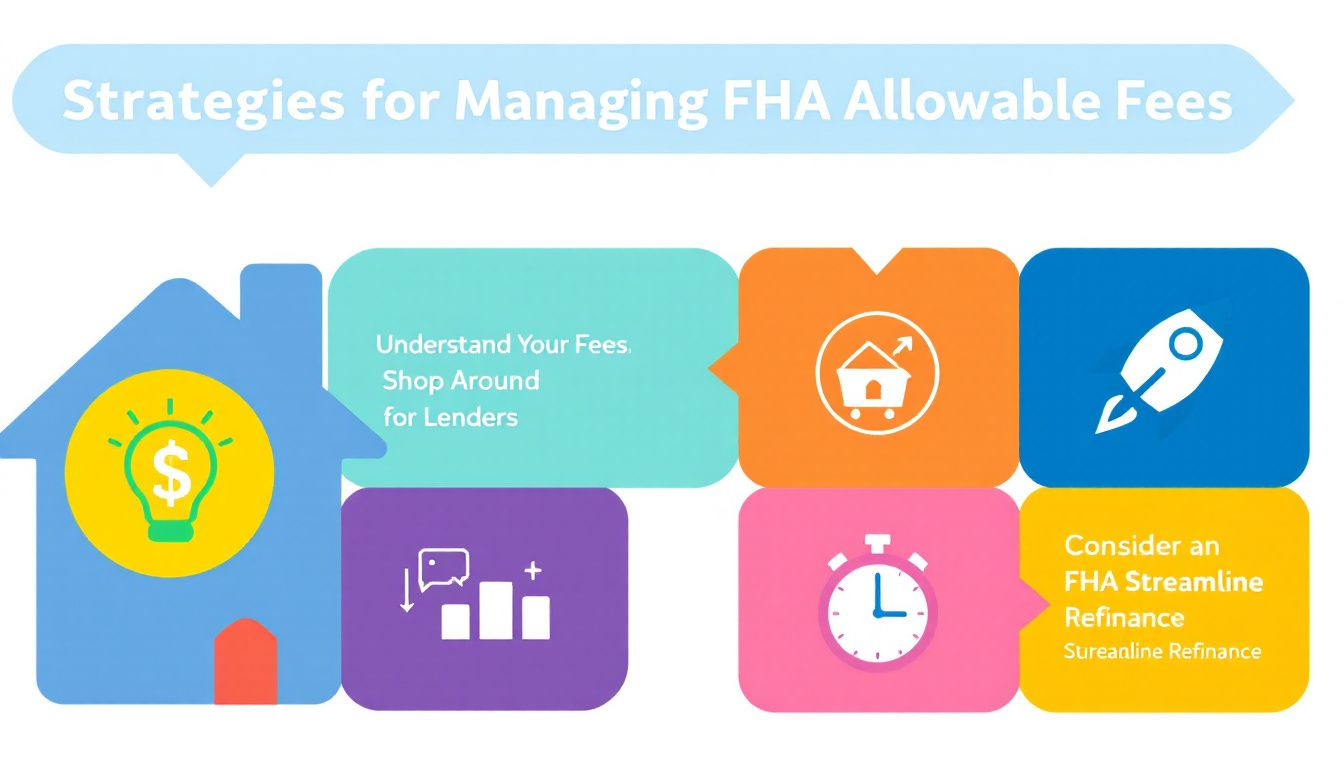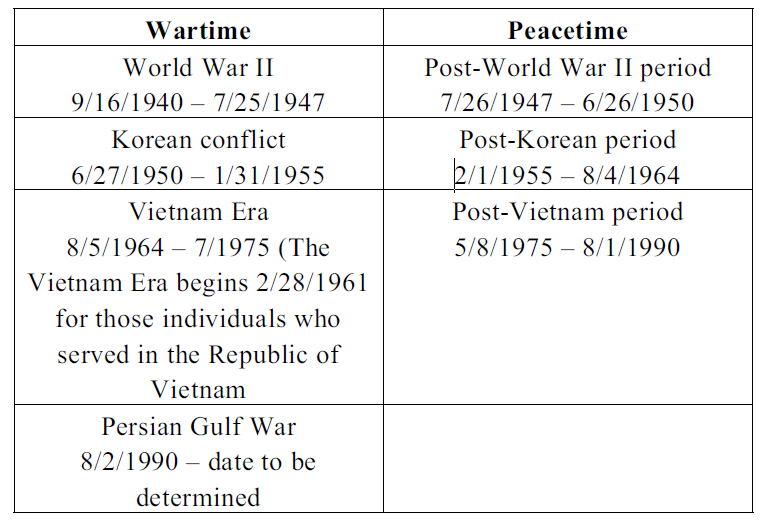Why You Should Opt Out of Prescreened Credit Offers https://www.optoutprescreen.com/ When you apply for a…
Understanding FHA Allowable Fees:
Understanding FHA Allowable Fees:
Understanding FHA allowable fees and the role of your mortgage lender is essential when taking out an FHA loan. These costs include mortgage insurance and origination fees, which can impact your overall budget. This article will help you grasp these fees and manage your finances better.
Key Takeaways
- FHA allowable fees, ranging from 2% to 6% of the property purchase price, significantly affect overall budgeting when securing an FHA loan.
- Key FHA fees include the Upfront Mortgage Insurance Premium (UFMIP), Monthly Mortgage Insurance Premium (MIP), and Origination Fee, each of which influences total closing costs.
- Borrowers can manage FHA closing fees through strategies such as using gift funds, negotiating with lenders, and exploring assistance programs.
- FHA fees can also affect your monthly mortgage payment, making it crucial to understand all associated costs.
What Are FHA Allowable Fees?
FHA allowable fees are essentially the costs associated with securing an FHA loan. These fees, often referred to as FHA closing costs, are charged when a borrower takes out an FHA loan. Typically, these costs range from 2% to 6% of the property’s purchase price, translating to a significant amount that can impact your overall budget. For instance, on a property priced at $200,000, FHA closing costs could range from $4,000 to $12,000. In addition to standard fees, there are other FHA closing costs that can vary depending on the lender.
Understanding these fees is paramount. Not only does it help in budgeting, but it also allows you to compare lender fees and identify any unusual charges. Being well-informed can open doors to options that help avoid or offset these costs, ensuring a smoother homebuying process.
Types of FHA Allowable Fees
FHA loans come with various allowable fees that borrowers need to be aware of, including the FHA mortgage costs. These fees are an integral part of the mortgage process, and understanding them can help you manage your costs more effectively. Among these fees are the Upfront Mortgage Insurance Premium (UFMIP), Monthly Mortgage Insurance Premium (MIP), and the Origination Fee, each playing a unique role in the overall cost structure. Unlike a conventional loan, FHA loans may have more flexible qualifying standards but can include additional costs such as mortgage insurance premiums.
The Federal Housing Administration (FHA) ensures these fees are standardized to some extent, making it easier for borrowers to anticipate and plan for them. Let’s dive deeper into each of these fees to see what they entail and how they affect your FHA loan closing costs.
Upfront Mortgage Insurance Premium (UFMIP)
The Upfront Mortgage Insurance Premium (UFMIP) is one of the most significant fees associated with FHA loans. Set at 1.75% of the loan amount, this one-time fee can add a considerable sum to your closing costs. For example, if you’re borrowing $200,000, the UFMIP would amount to $3,500.
Borrowers have the flexibility to include the UFMIP in their loan amount instead of paying it upfront, which can ease the immediate financial burden but will increase the overall mortgage loan amount and monthly payments. This option gives FHA borrowers a bit of financial wiggle room, making homeownership more accessible with FHA mortgages.
Monthly Mortgage Insurance Premium (MIP)
Unlike the UFMIP, the Monthly Mortgage Insurance Premium (MIP) is an ongoing expense that varies between 0.15% and 0.75% of the loan amount. This premium is calculated based on the loan amount, down payment, and loan term, making it a dynamic component of your mortgage costs. These premiums are added to your monthly mortgage payments, impacting the overall affordability of your loan.
The duration of the MIP payments can also vary. For example, if you make a larger down payment, you might be able to shorten the period over which you pay these premiums. Understanding the factors influencing MIP helps in planning your long-term mortgage payments effectively.
Origination Fee
The origination fee is another crucial component of FHA loan closing costs. This fee is charged by mortgage lenders for processing your loan application and can vary significantly among lenders. In some cases, lenders may not charge an origination fee at all, providing an opportunity for savings.
When assessing FHA loan closing costs, comparing the annual percentage rate (APR) from different lenders can help you understand the true cost of the loan. This comparison can reveal any hidden costs and help you choose the lender offering the best overall terms.
Third-Party Fees in FHA Loans
Third-party fees are an inevitable part of FHA loans, covering services provided by individuals or companies other than your lender. Common third-party fees include appraisal fees, title searches, and title insurance. These fees can add up, so it’s beneficial to understand them and explore ways to minimize costs where possible.
For instance, some third-party fees paid can be shopped for, meaning you can find a lower-cost provider for those services. Knowing which costs are fixed and which can be negotiated or shopped around can lead to significant savings. While FHA loans may offer lower interest rates, the additional third-party fees can impact the total cost of the loan.
Appraisal Fee
The appraisal process is critical in FHA loans as it determines the fair market value of the property and ensures it meets health and safety standards. FHA-approved appraisers conduct these evaluations, and their fees typically range between $400 and $700, depending on the location and property size.
Understanding the appraisal fee is essential for accurately budgeting your closing costs and avoiding unexpected expenses. It’s one of the non-negotiable fees in the FHA loan process, making it a key component to plan for.
Title Insurance
Title insurance is another mandatory third-party fee that protects both the lender and the borrower against any defects in the title that could threaten ownership. The cost of title insurance varies based on the property’s value and the state in which it is located, adding to the overall FHA closing costs.
Credit Report Fee
The credit report fee is a charge incurred by lenders to obtain your credit history as part of the loan approval process. This fee typically ranges from $30 to $50 but can vary depending on the credit reporting agency and lender policies.
This fee significantly contributes to your FHA loan’s overall closing costs.
Prepaid Expenses in FHA Loans
Prepaid expenses are amounts owed for future costs related to the home or mortgage that borrowers must pay upfront. These expenses often include items like homeowners insurance, property taxes, and prepaid interest, all of which are essential for maintaining the home and meeting loan requirements.
These prepaid expenses are a substantial part of your FHA closing costs. Properly budgeting for them can prevent any financial surprises down the line. These prepaid expenses can also affect your monthly mortgage payment, making it important to budget accordingly.
Homeowners Insurance
Homeowners insurance premiums are typically required to be paid in advance at closing. This insurance protects the property against potential damages, providing peace of mind for both the borrower and the lender.
Paying for homeowners insurance upfront ensures that the property is covered from day one, which is a critical requirement of the FHA loan process.
Property Taxes
Often, borrowers must pay property taxes upfront at closing to cover local tax obligations. This ensures that the property taxes are settled until the next tax assessment period, preventing any lapses in payment that could jeopardize the loan.
Prepaid Interest
Prepaid interest covers the amount due from closing until the first full payment period, aligning with the loan’s payment schedule. This interest is calculated on a daily basis from the closing date until the end of the month.
Prepaid interest affects your initial mortgage payments and aligns your payment schedule with your financial plan.
Who Pays FHA Loan Closing Costs?
FHA loan closing costs are generally the responsibility of the homebuyer, but there are several strategies to help reduce or offset these expenses. One common approach is to use gift funds from a family member or other eligible donor to cover both the down payment and closing costs. This can significantly ease the financial burden on the borrower.
Another option is to roll the closing costs into the loan payments by incorporating them into the interest rate through premium or par pricing. This method allows borrowers to spread the costs over the life of the loan, making them more manageable.
Additionally, homebuyers can request that the seller pay for some or all of the closing costs. Under FHA guidelines, sellers are allowed to contribute up to 6% of the property’s sales price towards the buyer’s closing costs. This can be a substantial help in reducing the upfront expenses for the borrower.
Exploring FHA closing cost assistance programs is another viable option. These programs, often provided by banks and housing finance agencies, are designed to help low- and moderate-income homebuyers, as well as first-time homeowners, cover their closing costs. Borrowers can also negotiate with their lender to lower their closing costs, potentially saving a significant amount of money.
By utilizing these strategies, FHA borrowers can effectively manage their closing costs, making the dream of homeownership more attainable.
Strategies to Manage FHA Allowable Fees
Managing FHA allowable fees can be challenging, but several strategies can effectively reduce these costs. From using gift funds to negotiating with lenders and exploring assistance programs, there are various ways to ease the financial burden of FHA closing costs.
These strategies not only lower immediate expenses but can also reduce the lifetime cost of the loan, making homeownership more affordable and sustainable.
Using Gift Funds
Gift funds can significantly assist FHA borrowers in covering allowable fees and down payments. Eligible sources for gift funds include family members, close friends, employers, and charities.
Using gift funds can reduce the amount of money you need to bring to the closing table, making it easier to manage your finances during the homebuying process.
Negotiating with Lenders
Closing costs associated with FHA loans can often be negotiated with lenders. While some fees are mandatory, others may be waived, providing an opportunity for borrowers to save on closing cost.
Comparison of quotes from multiple lenders can aid borrowers in negotiating lower closing costs, helping to find the best deal possible.
Exploring Assistance Programs
Various assistance programs are available to help cover FHA closing costs, often provided by banks and housing finance agencies. Low- and moderate-income homebuyers, as well as first-time homeowners, can benefit from closing cost assistance through these programs.
Under FHA rules, closing costs can also be paid for by the seller or another third party, with sellers able to contribute up to 6% of the property’s sales price towards closing costs.
Summary
Understanding FHA allowable fees is crucial for any borrower considering an FHA loan. From upfront and monthly mortgage insurance premiums to various third-party and prepaid expenses, these costs can add up quickly. However, by employing strategies such as using gift funds, negotiating with lenders, and exploring assistance programs, borrowers can manage these expenses more effectively.
Equipped with this knowledge, you can approach the FHA loan process with confidence, ensuring that you’re prepared for all potential costs and making your homebuying journey as smooth as possible.
Frequently Asked Questions
What are FHA allowable fees?
FHA allowable fees are costs related to obtaining an FHA loan, generally amounting to 2% to 6% of the property’s purchase price. It is important to be aware of these fees when budgeting for an FHA loan.
What are FHA Closing Costs?
FHA closing costs are the various fees and expenses that come with finalizing an FHA loan. These costs can encompass a wide range of charges, including lender fees, appraisal fees, title insurance, escrow fees, and credit report fees. The Federal Housing Administration (FHA) mandates that borrowers cover these costs, which typically range from 2% to 6% of the property’s purchase price. While FHA closing costs are similar to those associated with conventional mortgage loans, they often include additional fees such as the upfront mortgage insurance premium (UFMIP) and the annual mortgage insurance premium (MIP).
Understanding these costs is crucial for FHA borrowers, as they can significantly impact the overall affordability of the loan. By being aware of the various components that make up FHA closing costs, borrowers can better prepare financially and avoid any unexpected expenses during the homebuying process.
Can the UFMIP be included in the loan amount?
Yes, borrowers can include the Upfront Mortgage Insurance Premium (UFMIP) in their loan amount rather than paying it upfront. This flexibility can ease the initial financial burden when obtaining a mortgage.
What are third-party fees in FHA loans?
Third-party fees in FHA loans are costs incurred for services from entities other than the lender, including appraisal fees, title searches, and title insurance. It is important to factor these fees into the overall cost of obtaining a loan.
How can I reduce FHA closing costs?
To effectively reduce FHA closing costs, consider utilizing gift funds, negotiating with lenders for better terms, and exploring available assistance programs. These strategies can lead to significant savings.
What prepaid expenses are typically required in FHA loans?
Prepaid expenses for FHA loans typically include homeowners insurance, property taxes, and prepaid interest, all of which are required to be settled at closing.

